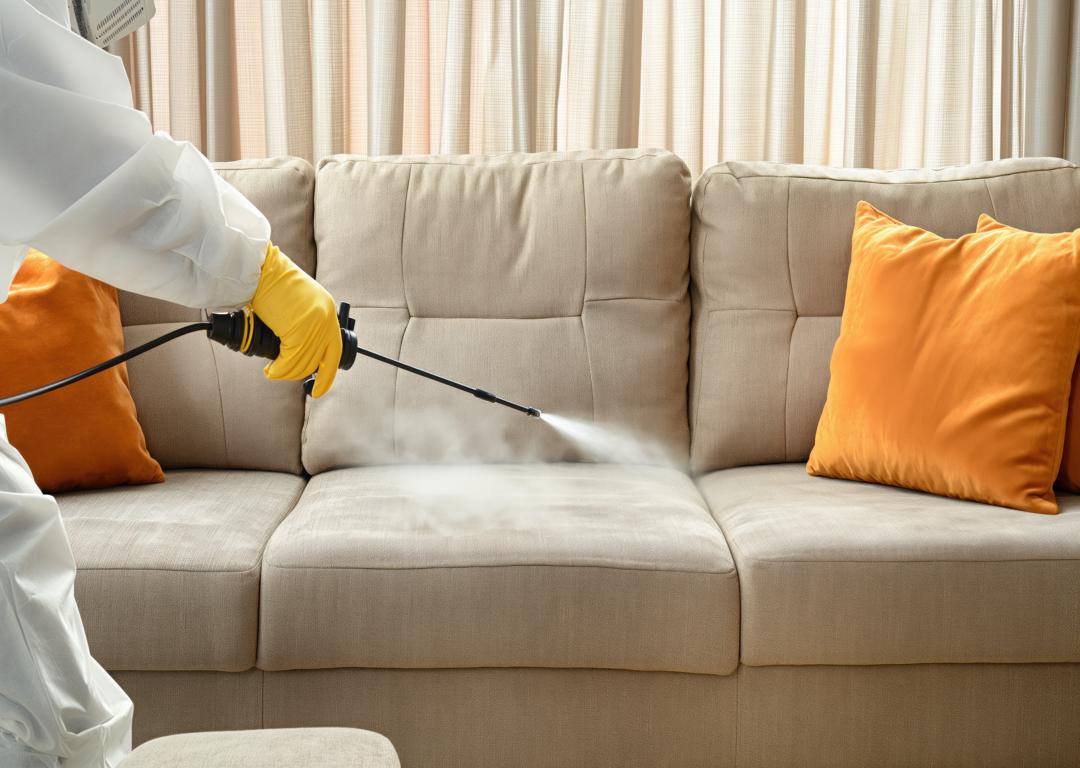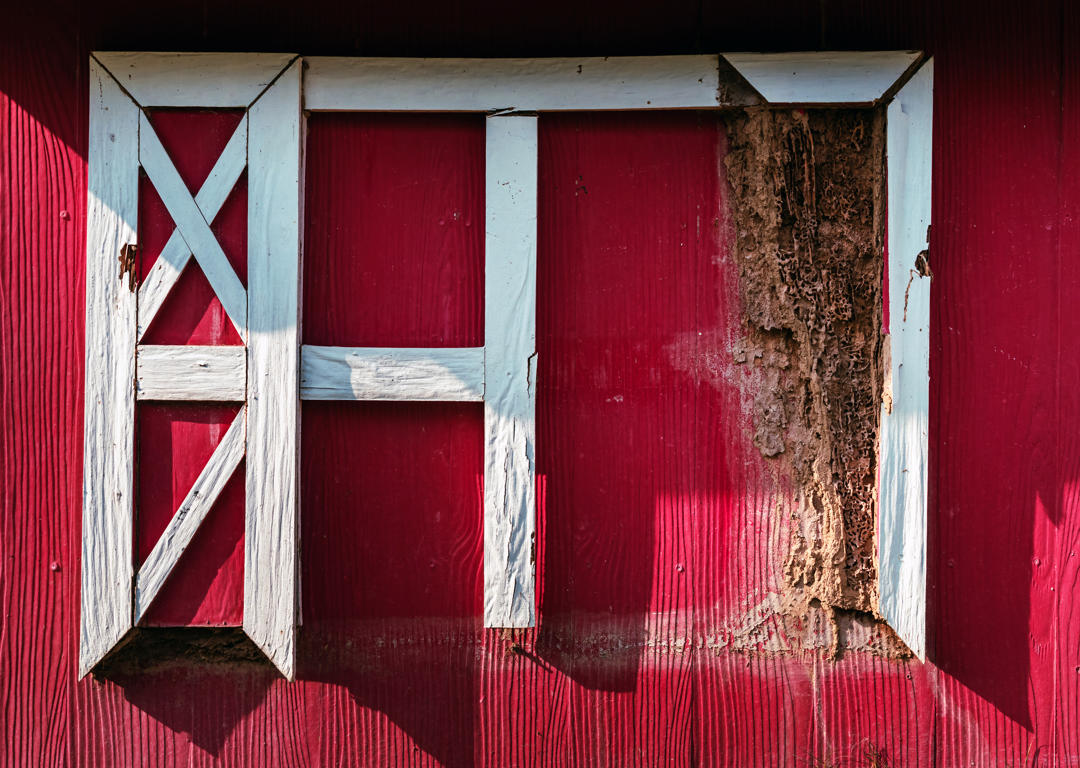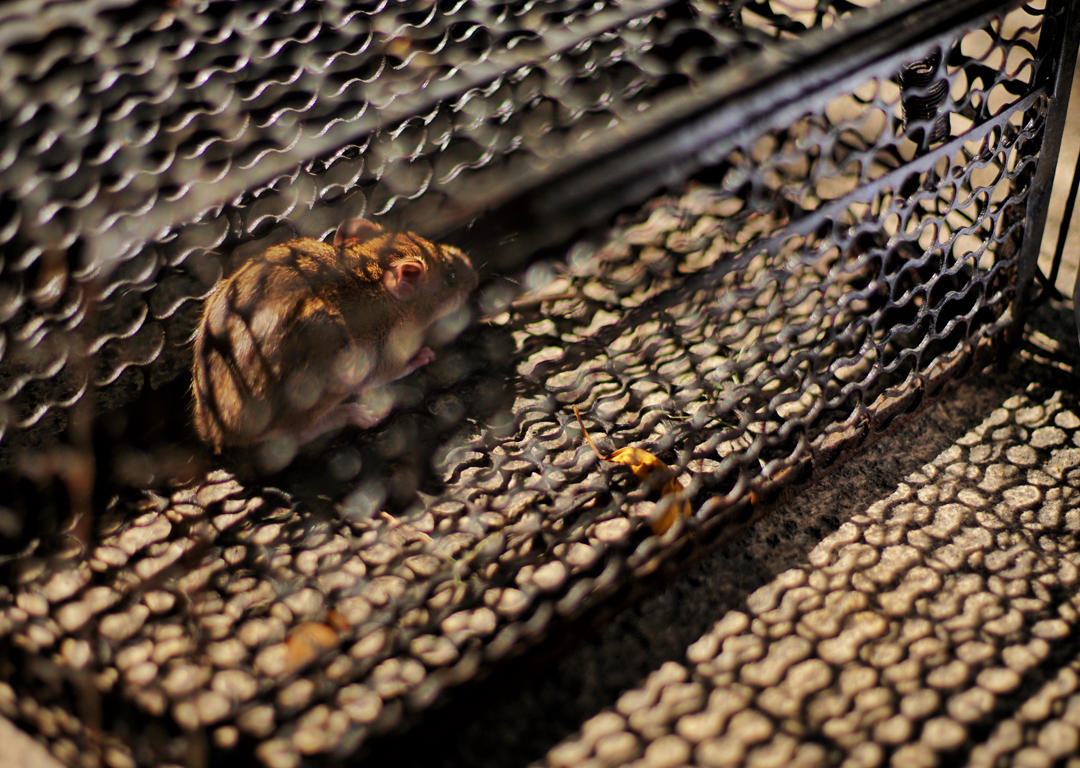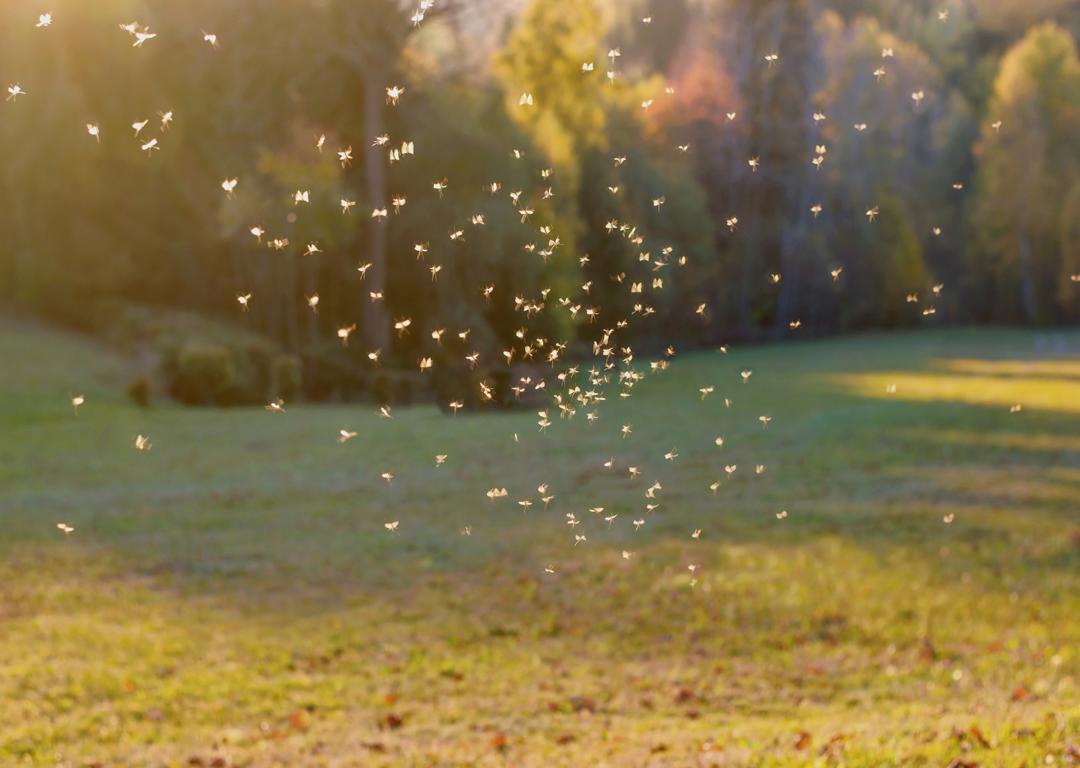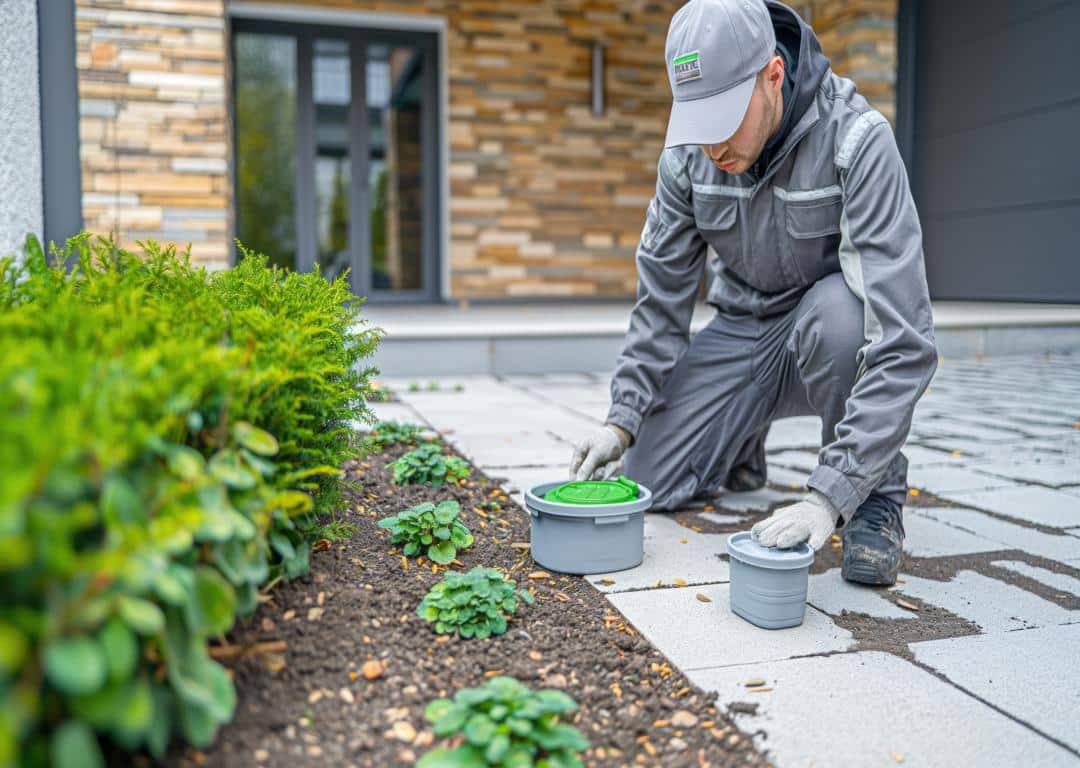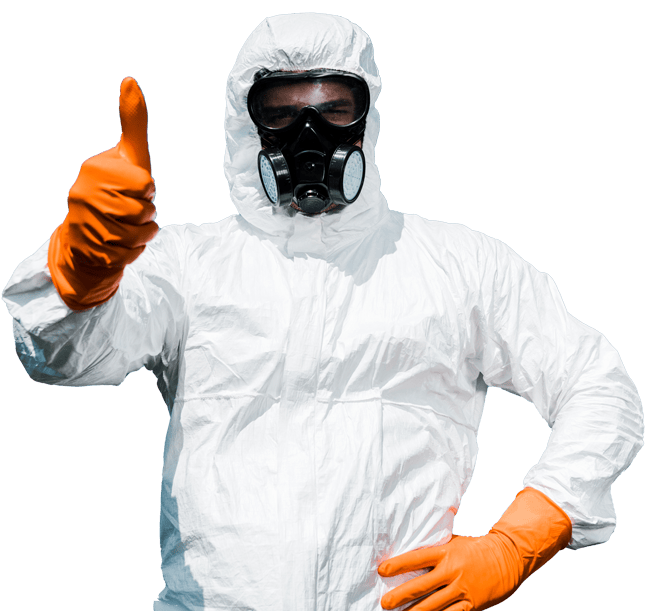As winter approaches, homeowners in coastal areas like Charleston, SC, must be vigilant in protecting their homes from seasonal pests. The milder winter climate of coastal regions often leads to an increase in pest activity, as rodents, insects, and other pests seek shelter and warmth indoors. To keep your home pest-free during the colder months, it’s essential to take proactive steps to safeguard against common winter pests. Here are some practical tips for preparing your home for winter pests in coastal areas.
Understanding Winter Pests in Coastal Areas
Coastal regions present unique challenges for pest control, especially during the winter. The relatively mild winter temperatures, coupled with high humidity, create an environment where pests remain active and may seek refuge inside homes. Common winter pests in coastal areas include:
Rodents: Rats and mice are particularly problematic during the winter as they seek warmth and food indoors. These pests can cause structural damage by gnawing on wires and wood, and they pose health risks through contamination of food and surfaces.
Cockroaches: These resilient pests thrive in warm, moist environments and can be difficult to eradicate once they enter a home. Cockroaches can spread diseases and trigger allergies.
Spiders: While many spiders are harmless, some species can be venomous. Spiders often enter homes in search of warmth and prey during the winter months.
Ants: Certain species of ants, such as carpenter ants, can cause damage to wooden structures if they establish nests inside your home.
Tips for Safeguarding Your Home from Winter Pests
To effectively protect your home from winter pests, it’s important to implement a combination of preventive measures. Here are some key strategies to keep pests out during the colder months.
Seal Entry Points
One of the most effective ways to prevent pests from entering your home is to seal any potential entry points. Pests can squeeze through even the smallest openings, so it’s important to thoroughly inspect your home’s exterior.
Inspect and Repair: Check for cracks and gaps around doors, windows, and the foundation. Use caulk or weatherstripping to seal these openings.
Secure Vents and Chimneys: Install screens or covers on vents and chimneys to prevent pests from entering through these areas.
Check Utility Lines: Ensure that gaps around utility lines, such as those for electrical wires, plumbing, and HVAC systems, are sealed with caulk or expanding foam.
Maintain a Clean and Dry Environment
Pests are attracted to food, water, and shelter, so maintaining a clean and dry home environment is crucial in preventing infestations.
Store Food Properly: Keep food in airtight containers and clean up spills and crumbs promptly to avoid attracting pests like rodents and ants.
Manage Trash: Dispose of garbage regularly and keep trash cans sealed to prevent pests from accessing food scraps.
Reduce Moisture: Coastal areas are prone to high humidity, which can attract pests like cockroaches and spiders. Use dehumidifiers in damp areas of your home, such as basements and crawl spaces, and repair any leaks promptly.
Regular Home Maintenance
Regular maintenance is key to preventing pests from making your home their winter refuge.
Trim Vegetation: Keep shrubs, trees, and other vegetation trimmed away from your home’s exterior. Overgrown plants can provide cover for pests and make it easier for them to enter your home.
Clean Gutters: Clogged gutters can trap moisture and debris, creating an attractive environment for pests. Clean your gutters regularly to ensure proper drainage.
Inspect and Repair Roofing: Check your roof for loose shingles, gaps, or other damage that could allow pests to enter. Make necessary repairs before winter sets in.
Use Pest-Repelling Products
In addition to sealing entry points and maintaining your home, using pest-repelling products can provide an extra layer of protection.
Essential Oils: Some essential oils, such as peppermint, eucalyptus, and tea tree oil, are known to repel pests like rodents and spiders. Use these oils in diffusers or spray them around entry points to deter pests.
Baits and Traps: Set up baits and traps around potential entry points, such as the garage or basement, to catch any pests that manage to enter your home.
Insecticides and Rodenticides: For persistent pest problems, consider using insecticides or rodenticides specifically designed for winter pests. Be sure to follow safety guidelines and use these products in areas where children and pets cannot access them.
Professional Pest Control Services
While DIY methods can be effective, partnering with a professional pest control service can provide more comprehensive protection against winter pests.
Regular Inspections: Schedule regular pest inspections with a licensed pest control professional. They can identify potential entry points and signs of infestations that you might miss.
Preventive Treatments: Professional pest control services can apply preventive treatments around your home’s exterior to create a barrier against pests. These treatments are especially useful in coastal areas where pest activity remains high during the winter.
Customized Solutions: A professional service can provide customized solutions tailored to the specific pest challenges in your coastal area, ensuring that your home remains protected throughout the winter.
Why Winter Pest Control is Crucial in Coastal Areas
Winter pest control is particularly important in coastal regions due to the unique environmental factors that can exacerbate pest problems. The combination of mild temperatures, high humidity, and proximity to water bodies creates an ideal habitat for pests, even during the colder months. Without proper pest control measures, these pests can quickly become a serious problem, leading to property damage and health risks.
Health and Safety: Rodents, cockroaches, and other pests can carry diseases that pose a threat to your family’s health. Regular pest control helps mitigate these risks.
Protecting Your Home: Pests like rodents and carpenter ants can cause significant structural damage if they gain access to your home. Preventive measures help safeguard your property and avoid costly repairs.
Peace of Mind: Knowing that your home is protected from winter pests allows you to enjoy the season without worrying about infestations.
Preparing your home for winter pests is an essential part of coastal home protection. By sealing entry points, maintaining a clean environment, and utilizing professional pest control services, you can keep your home safe and pest-free throughout the winter months.
For homeowners in Charleston and other coastal areas, Lowcountry Pest Management offers expert pest control services designed to tackle the unique challenges of coastal living. Contact us today to schedule an inspection and ensure your home is protected from winter pests. Our team is ready to help you enjoy a pest-free winter in your coastal home.






